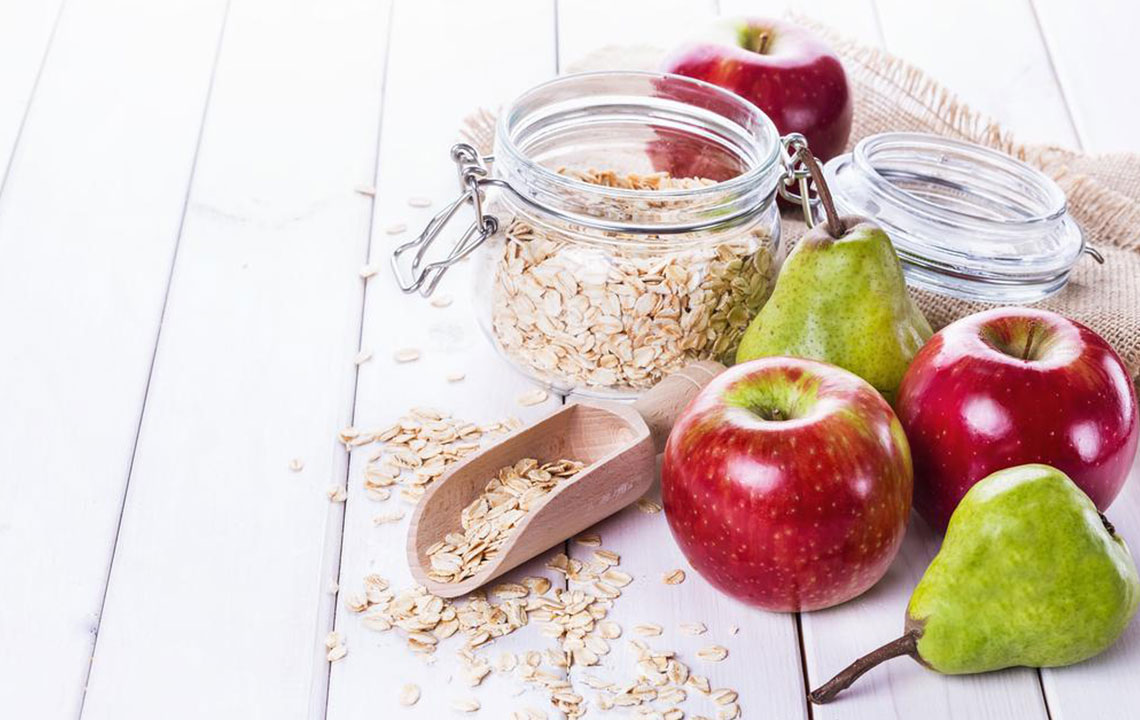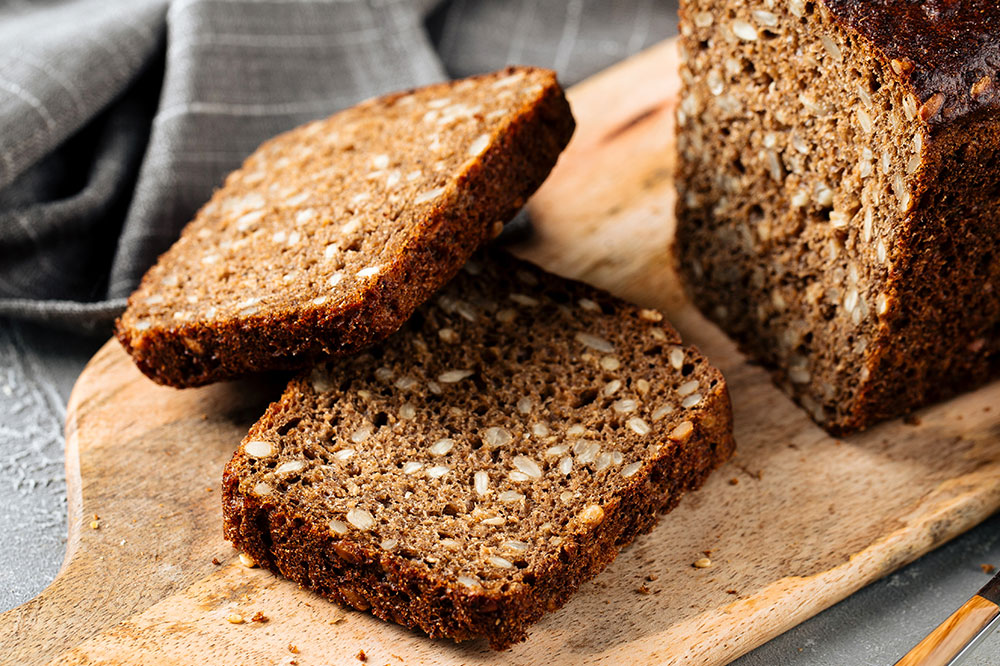Comprehensive Dietary Strategies to Alleviate IBS Symptoms and Improve Digestive Health
This comprehensive article explores effective dietary strategies for managing irritable bowel syndrome (IBS). It covers causes, beneficial foods like probiotics and soluble fiber, and foods to avoid such as high-FODMAP vegetables and processed snacks. Emphasizing personalized nutrition, stress management, and lifestyle changes, it provides practical tips to reduce symptoms and enhance gut health. Learn how to adapt your diet for better digestion and improved quality of life with expert-backed guidance.

In-depth Dietary Approaches for Managing Irritable Bowel Syndrome
Expert Nutritional Guidelines for IBS Relief
Irritable bowel syndrome (IBS) is a widespread gastrointestinal disorder characterized by a range of uncomfortable symptoms such as abdominal cramps, bloating, diarrhea, and constipation. Although IBS is not life-threatening, it significantly disrupts daily life, affecting work, social interactions, and overall well-being. It is notably more prevalent among women, and many individuals with IBS remain undiagnosed due to the nonspecific nature of symptoms and reluctance to seek medical attention.
Understanding the Causes of IBS
While the exact etiology of IBS remains elusive, several factors appear to contribute to its development. Increased sensitivity of colon muscles, which are responsible for facilitating stool movement, can lead to abnormal contractions and spasms, causing discomfort and irregular bowel habits. Triggering factors often include gastrointestinal infections, the use of antibiotics, hormonal changes, and psychological stress. Lifestyle factors such as diet, stress management, and gut microbiota imbalances also play significant roles in the manifestation of IBS symptoms.
Key Foods to Support IBS Symptom Management
Proper nutritional intake is pivotal in managing IBS effectively. What you eat can either alleviate or exacerbate symptoms. Here are some dietary components that can be beneficial:
Probiotic-rich foods and supplements: Incorporating probiotic-rich foods such as yogurt, kefir, sauerkraut, and kimchi can promote a healthy balance of gut bacteria, which is essential for normal digestive function. Additionally, probiotic supplements are widely recommended by healthcare professionals, as they can help reduce bloating, gas, and other IBS symptoms. It is advisable to consult a healthcare provider before starting probiotic supplements to determine the appropriate strains and dosages.
Lactose-free alternatives: Many individuals with IBS find that dairy products can trigger symptoms. Substituting traditional dairy with lactose-free options such as oat milk, rice milk, soy milk, or almond milk can prevent discomfort. Aged cheeses like brie, camembert, and certain hard cheeses are often tolerated better due to their lower lactose content. Cooking with healthy fats like olive oil instead of butter can also support digestion.
Soluble fiber sources: Soluble fiber helps soothe irritated digestive tracts and reduces symptoms such as diarrhea and constipation. Good sources include oats, barley, sweet potatoes, carrots, bananas, blueberries, oranges, strawberries, kiwis, and certain legumes. Gradually increasing fiber intake allows the gut to adapt, minimizing gas and bloating.
Incorporating gentle vegetables: Safe vegetables for IBS patients include eggplant, carrots, bean sprouts, potatoes, lettuce, and cucumbers. Seasonings like basil, ginger, oregano, parsley, rosemary, thyme, chili, and coriander can enhance flavor without aggravating symptoms. Cooking vegetables thoroughly can also improve digestibility.
Foods and Habits to Limit or Avoid
Limit or avoid sodas, caffeinated beverages, alcohol, and processed foods high in sugars or artificial sweeteners, as these can irritate the gut. Foods containing high-fructose corn syrup should also be minimized.
Be cautious with cruciferous vegetables such as broccoli, cauliflower, and asparagus, as they tend to ferment in the gut, producing gas and discomfort. Similarly, onions and garlic are common triggers for many IBS sufferers.
Reduce intake of foods high in fructose, including wheat, barley, and rye, which are rich in fermentable oligosaccharides, disaccharides, monosaccharides, and polyols (FODMAPs). Patients are often advised to follow a low-FODMAP diet to identify and eliminate individual triggers.
Emphasize easily digestible foods to reduce gastrointestinal strain. Avoid fried foods and heavy, greasy meals that can worsen symptoms.
Adopting a personalized diet plan that emphasizes these guidelines can significantly improve quality of life for individuals managing IBS. It’s essential to work closely with healthcare professionals, including dietitians, to create a sustainable eating plan tailored to individual needs and tolerances. In addition to dietary modifications, stress management techniques, regular physical activity, and adequate hydration form critical components of a comprehensive approach to controlling IBS symptoms.
The journey to managing IBS effectively involves understanding your body's responses, making mindful food choices, and integrating lifestyle adjustments for optimal digestive health. With a strategic approach based on proven nutritional principles, many people find symptom relief, improved comfort, and a better overall quality of life.




